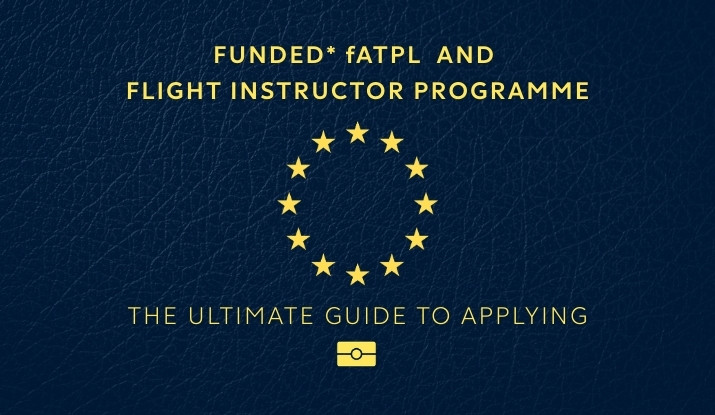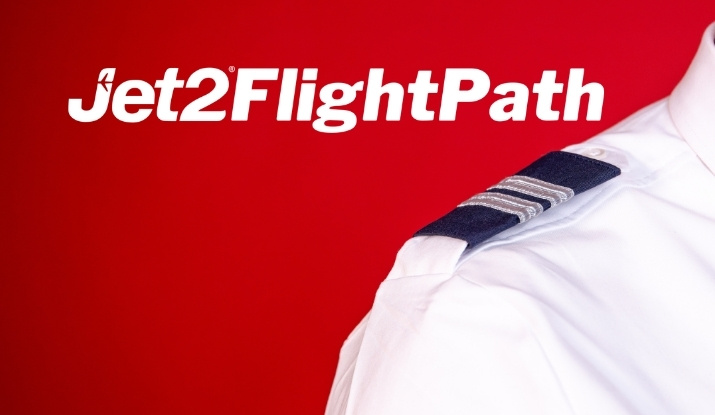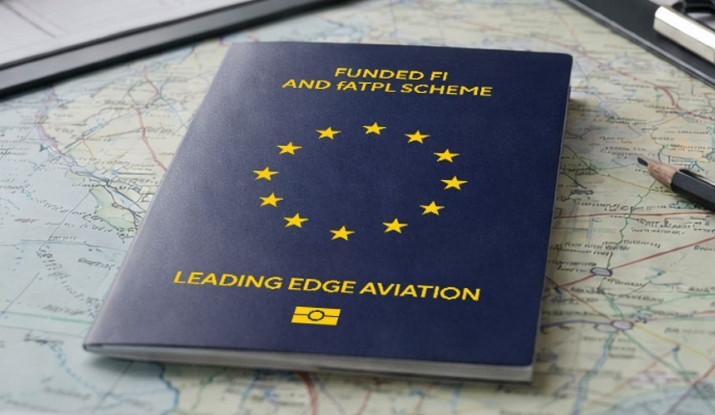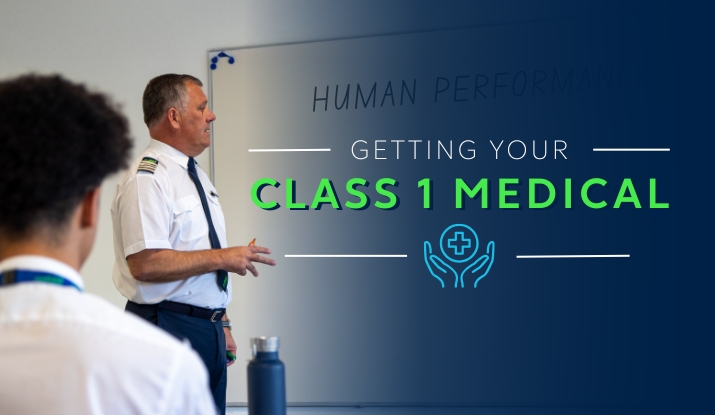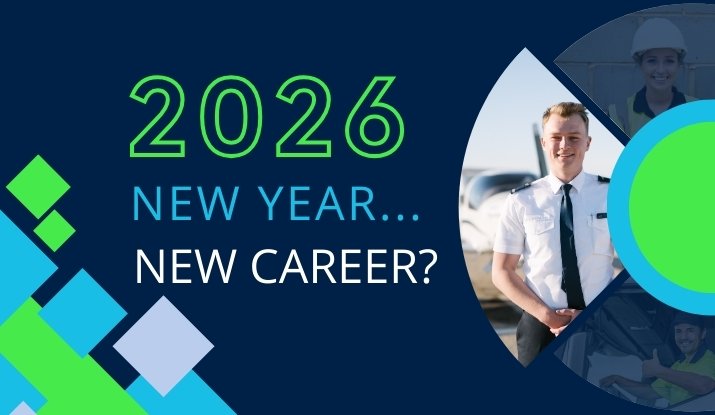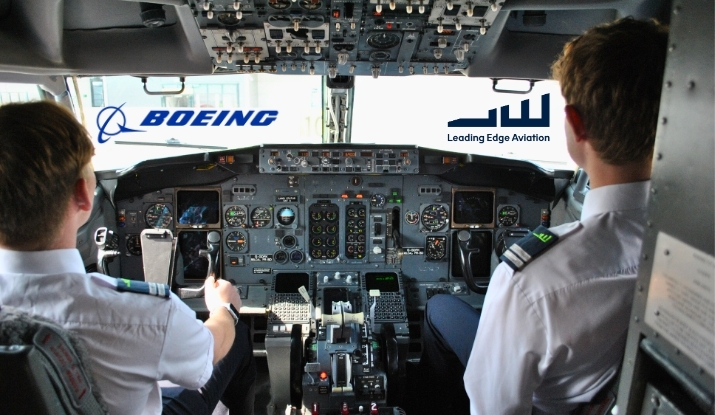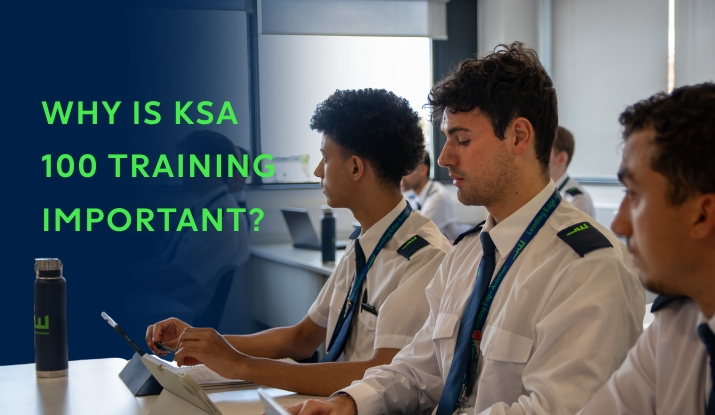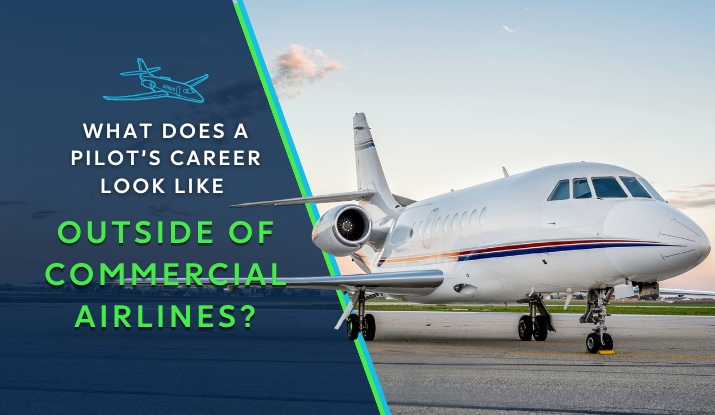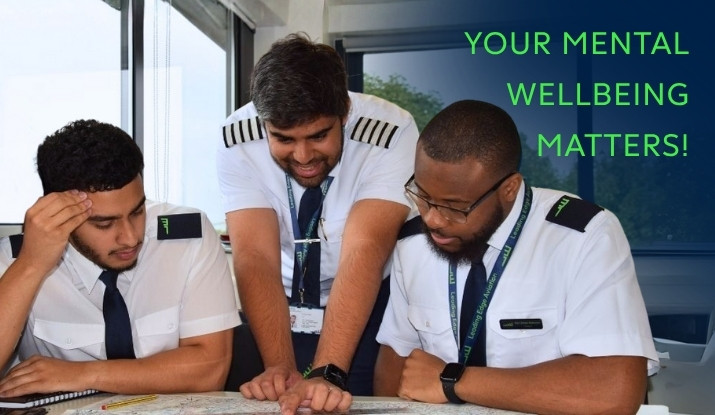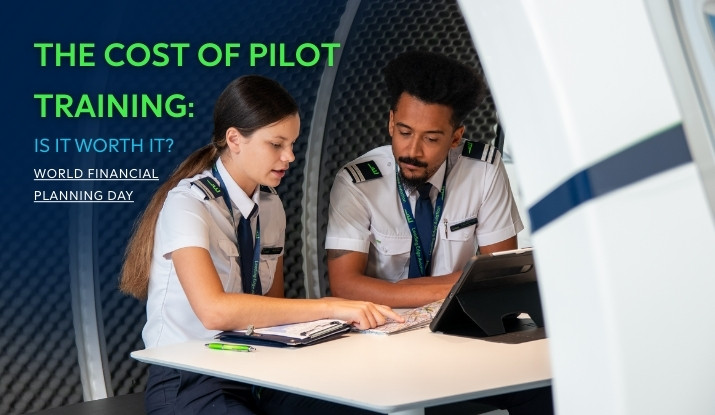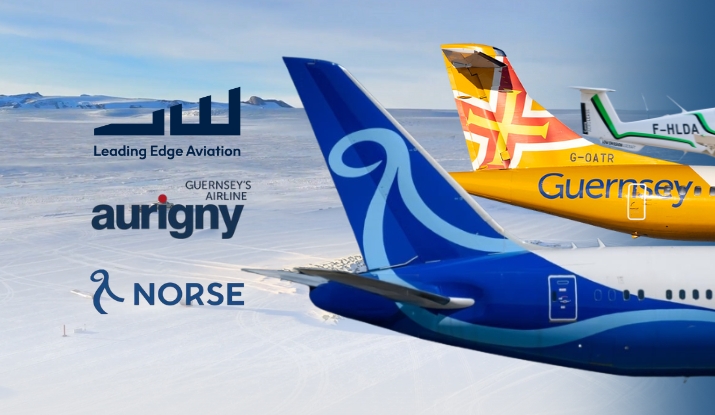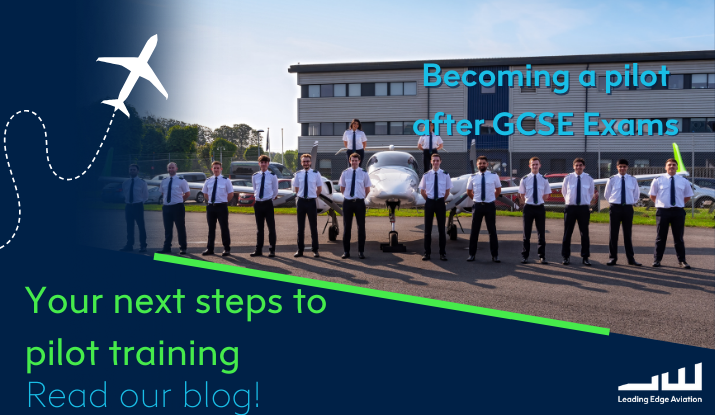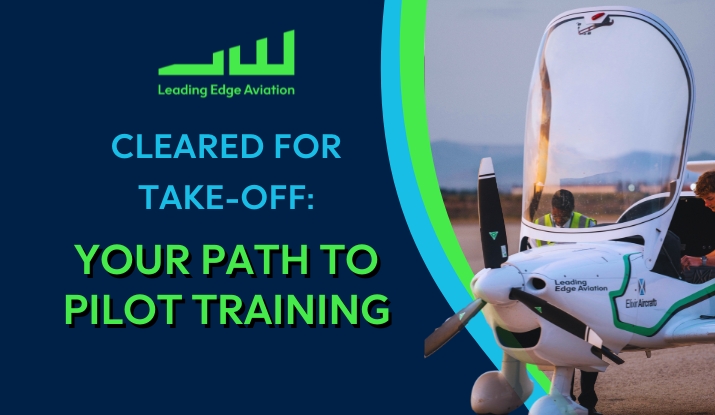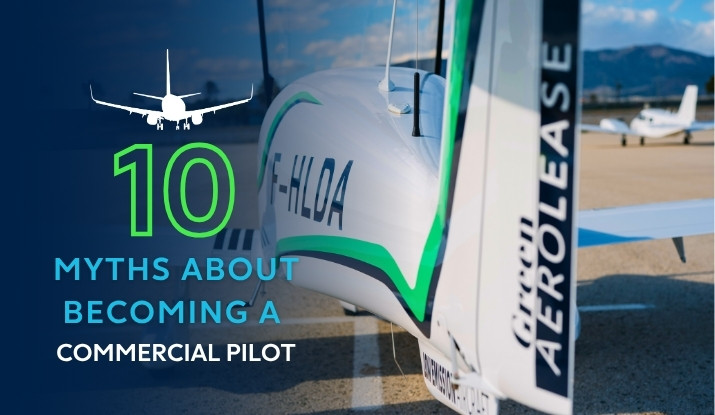Are you an aspiring future Pilot? It takes more than just flying skills to excel in this dynamic field. At Leading Edge Aviation, we believe in ‘The Whole Pilot®’ Approach, which focuses on developing a diverse set of skills that go beyond just technical proficiency. Every graduate Pilot has the qualifications, but not all hold the interpersonal skills that the airlines are looking for. This is why we integrate the Whole Pilot Approach into everything we do.
What Does It Take to Be a Successful Pilot?
According to research conducted by the International Civil Aviation Organization (ICAO) on what makes a good pilot, the technical flying element only constituted a small part of what experienced pilots believed was needed to be successful. When pilots were asked what makes a good crew member, phrases that consistently came up were “assertive, team player, professional, calm, approachable, listens well, knowledgeable, good operator, open-minded”. So, what truly makes a pilot exceptional goes beyond the controls and instruments. It’s about mastering a set of core competencies that extend far and wide. These traits are formalised as ‘behavioural indicators’ and are the foundation of the nine core competencies identified by EASA and the UK CAA.
Key Components of the Whole Pilot Approach
Situational Awareness
Situational awareness means staying alert to the aircraft’s status, environment, and those involved in the operation. It involves anticipating issues, planning ahead, updating mental models, and responding quickly to changes or threats.
Professional Standards
Professional standards involve managing the aircraft safely and efficiently while upholding discipline, responsibility, and ethical conduct. It includes making decisions in the best interest of the crew, company, and customers, following procedures, and continuously seeking improvement through feedback and development.
Leadership and Teamwork
Leadership and teamwork involve motivating and supporting others, encouraging open communication, and ensuring task completion through collaboration. It includes respecting diverse views, giving and receiving feedback, and handling conflict constructively.
Effective Communication
Effective communication means clearly exchanging information to ensure shared understanding. It involves active listening, using standard phrases when needed, confirming messages, and adapting style to suit the situation and audience.
Workload Management
Workload management involves prioritising tasks, staying calm under pressure, and using all available resources effectively. It includes recognising overload, managing time wisely, and sharing tasks to maintain performance.
Problem Solving and Decision Making
Problem solving and decision making involve identifying issues, evaluating options, and choosing the best course of action. It includes staying objective, using all available information, managing risk, and reviewing decisions to improve future outcomes.
Knowledge and Application of Procedures
Knowledge and application of procedures involve understanding and correctly applying standard operating procedures, regulations, and company policies. It includes staying current, using procedures appropriately, and adapting when necessary while maintaining safety and compliance.
Aircraft Management Manual Control
The Aircraft Management Manual Control refers to a pilot’s ability to manage and operate an aircraft using its manual systems and controls. This involves understanding the aircraft’s systems, making necessary adjustments, and troubleshooting issues based on the aircraft’s operating manual. Pilots must ensure the aircraft remains within safe operational limits and handle any challenges effectively to maintain optimal performance and safety.
Aircraft Management Automation
Aircraft Management Automation involves operating and managing the aircraft’s automated systems, such as autopilot and flight management tools. Pilots must understand how to configure, monitor, and intervene in these systems to ensure safe and efficient flight.
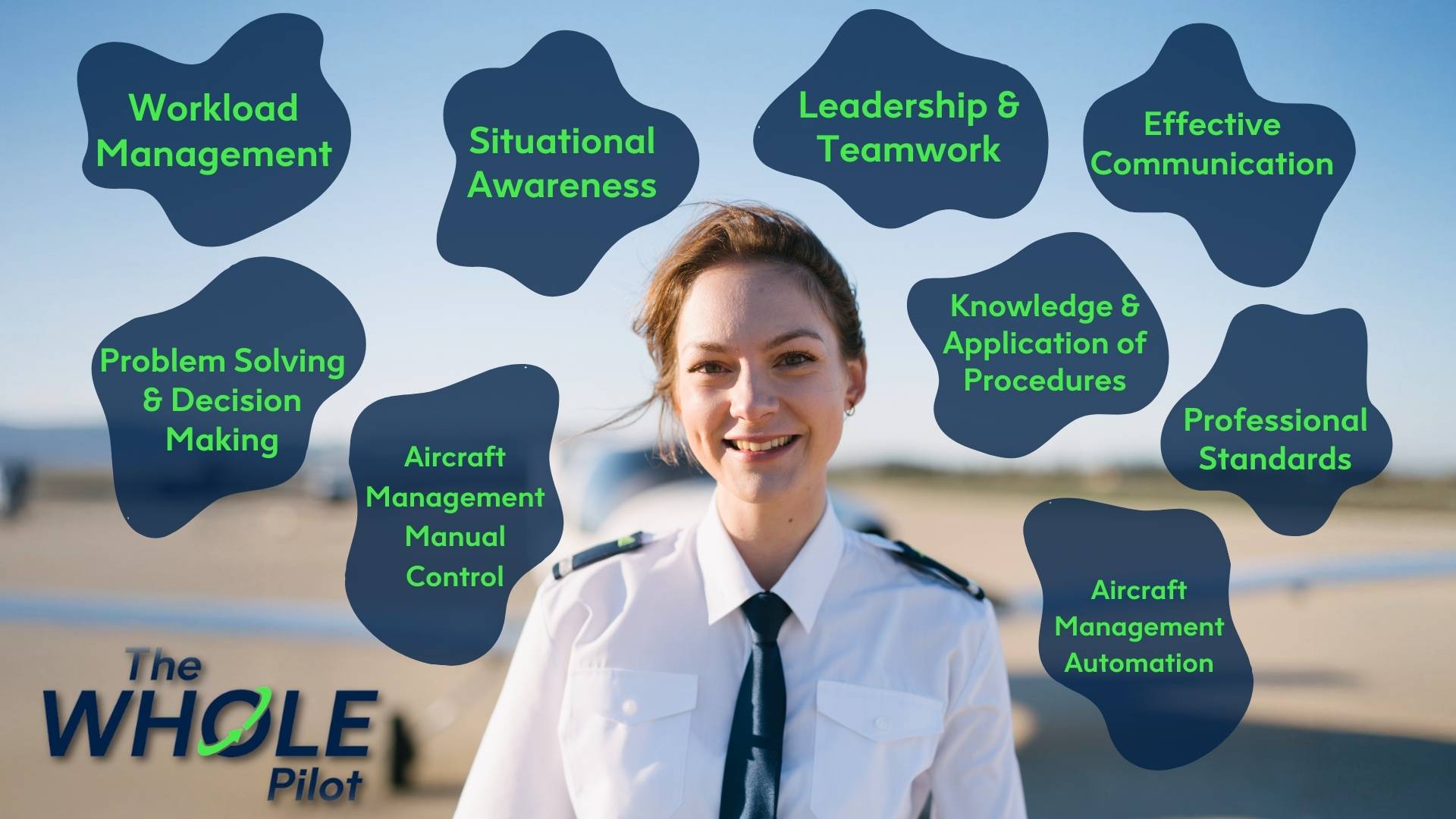
Why Leading Edge Aviation’s Training Stands Out
At Leading Edge Aviation, we integrate non-technical skills into our training program from day one, to provide a learning environment for future captains. Our Skills Assessment feedback provides continuous evaluation and improvement opportunities based on these competencies. By utilising the 2020 ATPL syllabus, we ensure that our students develop a comprehensive understanding of the subjects while aligning them with the core competencies.
Preparing for a Future in Aviation
Our flight training program is designed to be commercially focused, blending technical and non-technical skills. We equip future pilots to operate successfully in multi-crew environments, preparing them for the challenges they may encounter throughout their careers.
Join the Journey with Leading Edge Aviation’s Whole Pilot Approach
Whether you are looking for Integrated or Modular Pilot Training, join us on the journey of becoming a well-rounded pilot, ready to face any situation and effectively manage an aircraft in all conditions. Embrace the Whole Pilot Approach with Leading Edge Aviation!


